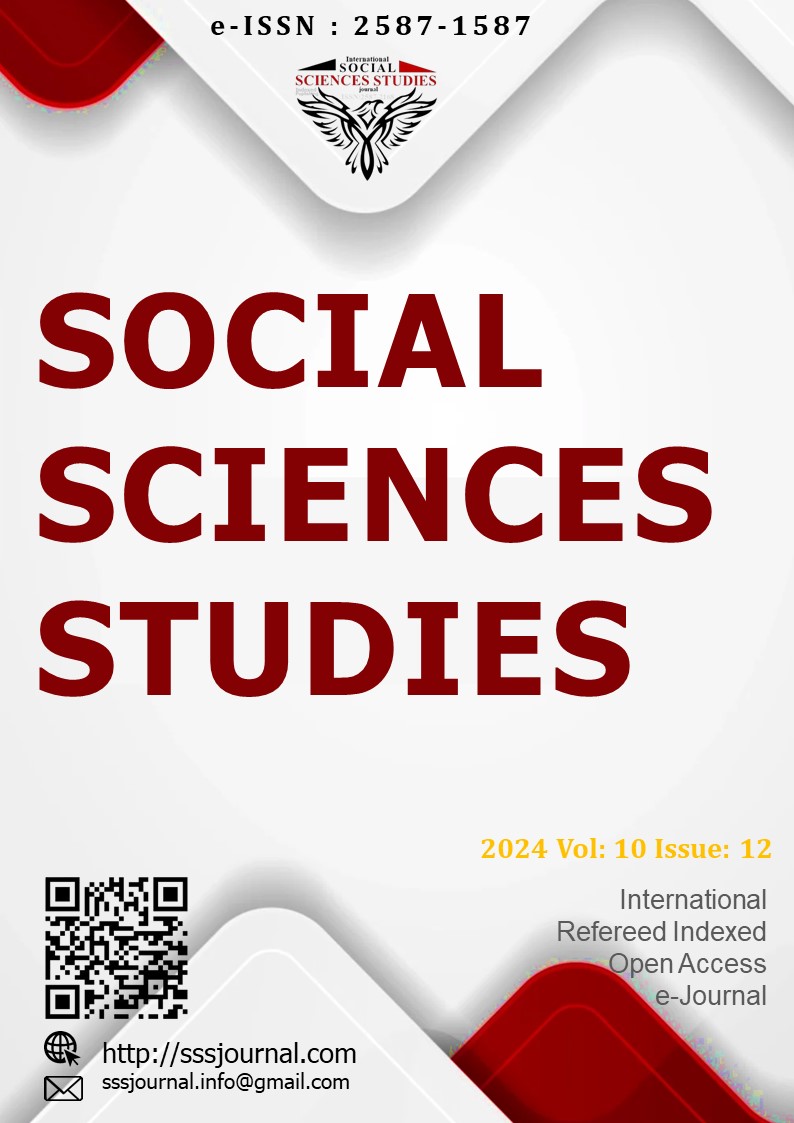Author :
Abstract
|
Eğitim, bireylerin gelişiminde kritik bir role sahip olup, kültürel ve toplumsal farklılıklar doğrultusunda şekillenmektedir. Montessori yaklaşımı, bireysel farklılıklara saygı duyan ve çocuğun doğal öğrenme sürecini destekleyen bir eğitim sistemi olarak öne çıkmaktadır. Bu yaklaşım, modern psikolojinin ilkeleriyle paralellik göstererek çocukların bilişsel, duygusal ve sosyal gelişimlerine katkı sağlamaktadır. Türkiye’de Montessori sisteminin uygulanması, eğitim süreçlerine yenilikçi bir perspektif getirebilir ve çocukların ruh sağlığına önleyici bir destek sunabilir. Bununla birlikte, bu sistemin yaygınlaştırılması ve Türk eğitim sistemine entegrasyonu için daha fazla bilimsel araştırma yapılması, eğitmenlerin yetiştirilmesi, ebeveynlerin bilinçlendirilmesi ve uygun öğrenme ortamlarının sağlanması gerekmektedir. Bu makale, Montessori eğitiminin temel ilkelerini ele alarak, Türkiye’de uygulanabilirliğini tartışmakta ve bu doğrultuda öneriler sunmaktadır.
|
Keywords
Abstract
|
Education plays a crucial role in individual development, shaped by cultural and societal differences. The Montessori approach stands out as an educational system that respects individual differences and supports children’s natural learning processes. Aligned with the principles of modern psychology, this approach contributes to the cognitive, emotional, and social development of children. Implementing the Montessori system in Türkiye could introduce an innovative perspective to education and provide preventive support for children’s mental health. However, to integrate and expand this system within the Turkish educational context, further scientific research, educator training, parental awareness programs, and the creation of suitable learning environments are essential. This article examines the core principles of Montessori education, discusses its applicability in Türkiye, and offers recommendations for its successful implementation. |





